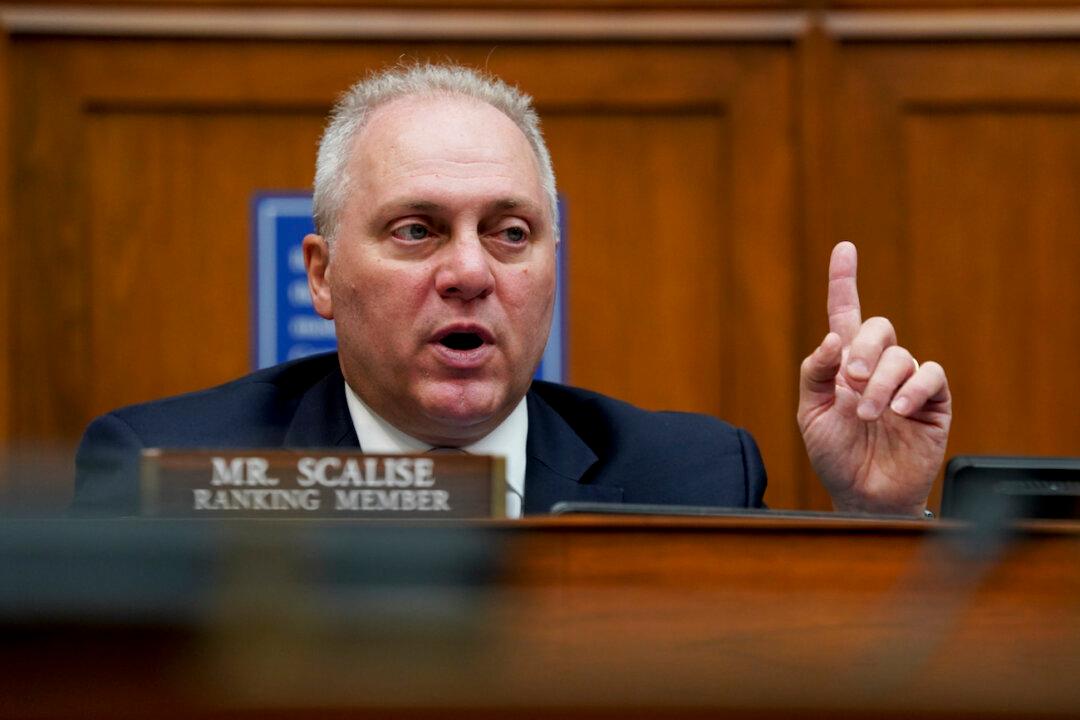House Republican leadership is recommending a “no” vote on a $1.9 trillion COVID-19 relief bill spearheaded by Democrats that closely resembles President Joe Biden’s proposed stimulus plan, House Republican Whip Steve Scalise (R-La.) said in an email to his caucus on Friday.
“Leadership recommends a NO vote,” Scalise wrote in an email obtained by The Hill.




